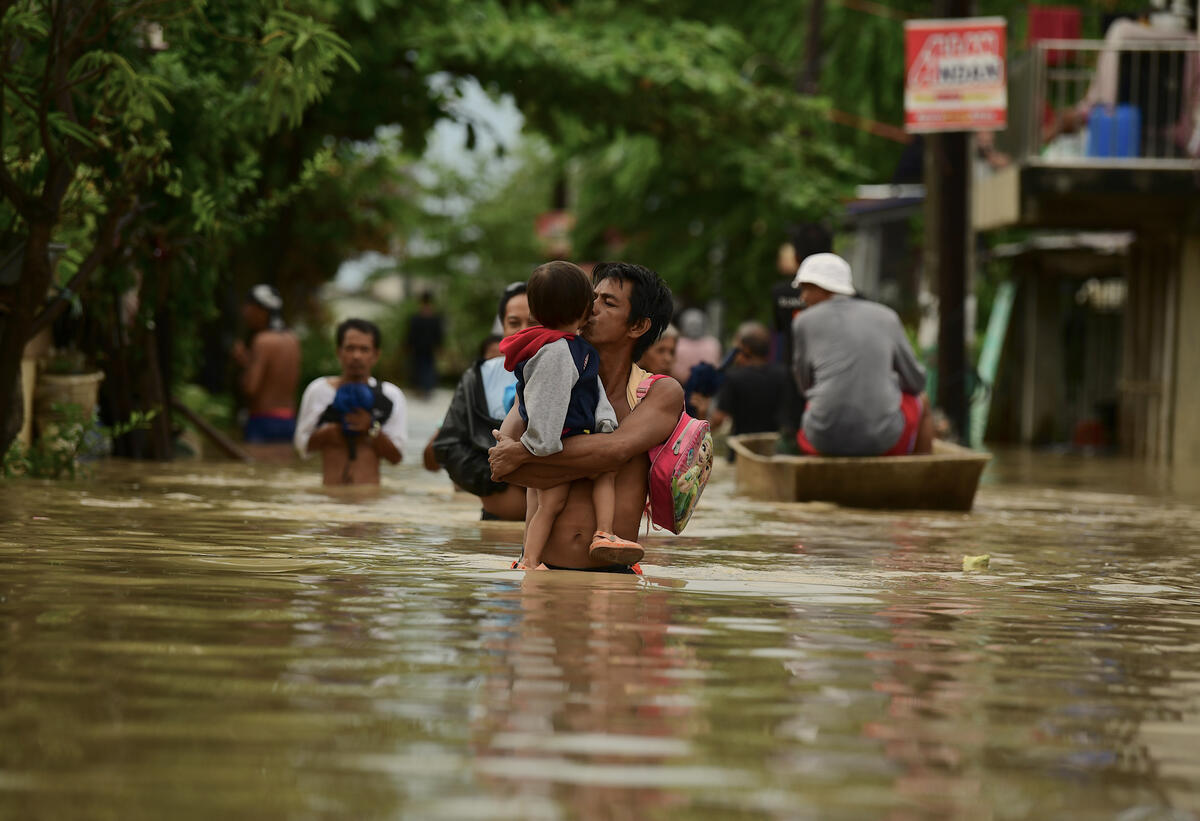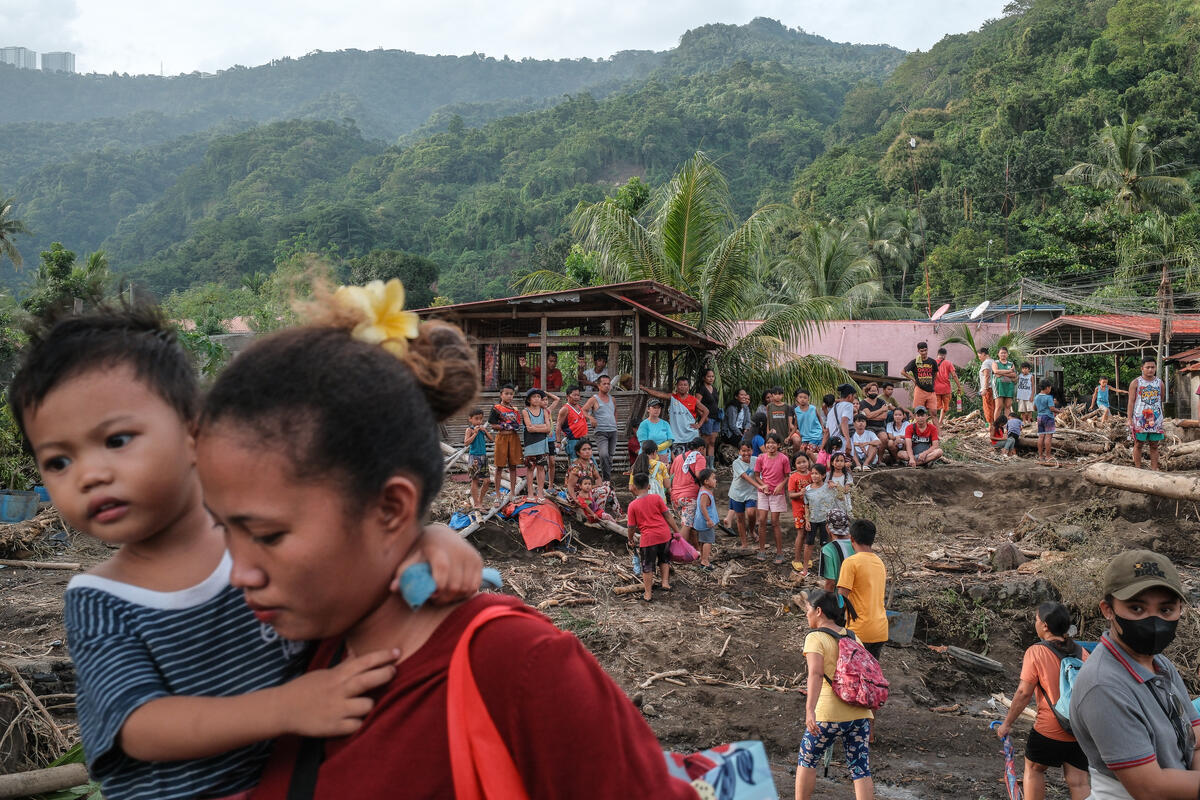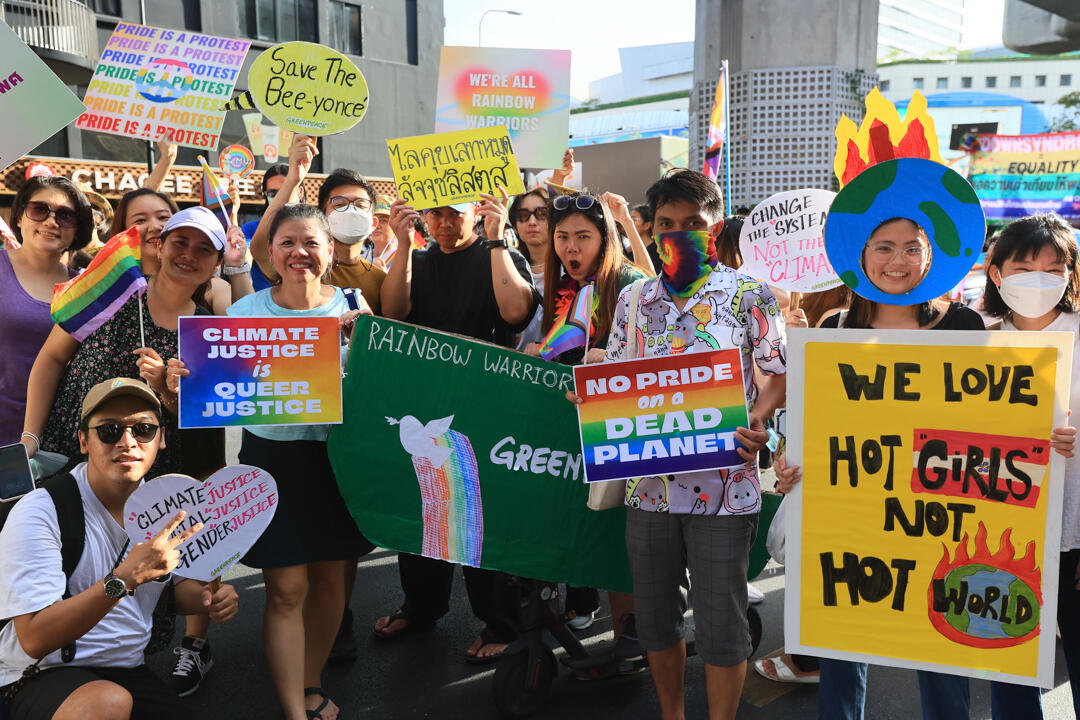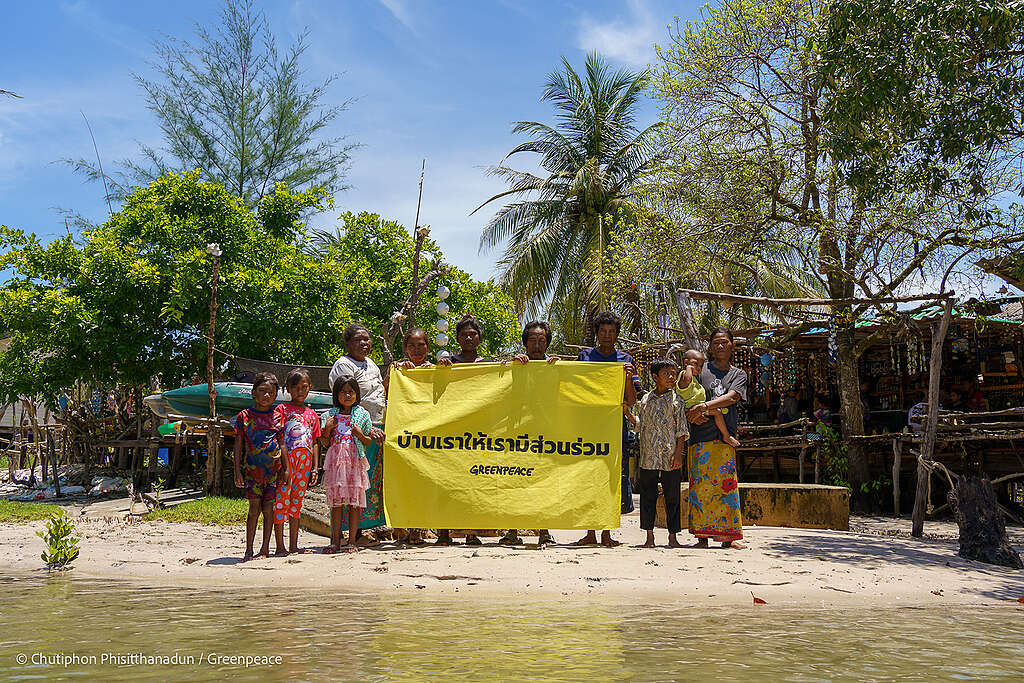
The Boiling Crisis: Unequal Burdens
Climate change impacts everyone unequally. Women, children, Indigenous peoples, low-income workers, refugees, and LGBTQI+ individuals are among the most affected, facing limited access to resources, violations of rights, and exclusion from decision-making, despite being on the frontline of the crisis.
Women
shoulder family responsibilities, lose land and income, face heightened exposure to pollution and toxic chemicals, and often lack adequate support, even though they are backbone of the global food production
Women face disproportionate challenges as a result of economic, cultural, and gender inequalities, which increase their workload and expose them to greater health risks. In sectors such as agriculture and fisheries, where women make up the majority of the workforce, they are among the most severely affected by climate change.
Yet despite their critical role, women continue to have limited participation in shaping national and international policies. Greenpeace emphasizes the importance of recognizing and strengthening women’s role in addressing the climate crisis.

LGBTQI+
The impacts of climate change disproportionately affect LGBTQI+ communities, particularly those who are Indigenous peoples or economically marginalized. These communities face unequal access to resources and recovery support Examples of LGBTQI+ challenges during disasters
- Discrimination
LGBTQI+ people are often denied equal access to medical care, food, clean water, and emergency shelters. - Violence linked to Religious Beliefs
In some countries including New Zealand, Malaysia, the United States, Israel, and Haiti, religious leaders have framed disasters as “divine punishment” for being LGBTQI+ fueling harassment and violence.
Deepening Inequality
As climate change worsens existing inequalities, LGBTQI+ communities face higher risks of displacement, violence, insecure livelihoods, and challenges to migration due to limited legal protections.

Indigenous People and Frontline Communities
Local communities and Indigenous peoples are directly impacted by top-down economic development policies that exclude their participation. Such approaches have led to inadequate development, forced evictions, and the loss of land, livelihoods, traditional knowledge, and biodiversity.


The voices from the ground make it clear that environmental justice has never truly been realized.
- The residents of Chana in Songkhla fighting to protect their coastline
- The Kham Pa Lai community in Mukdahan, who were displaced by forest reclamation
- The Moken facing the loss of their homeland from the Land Bridge project
